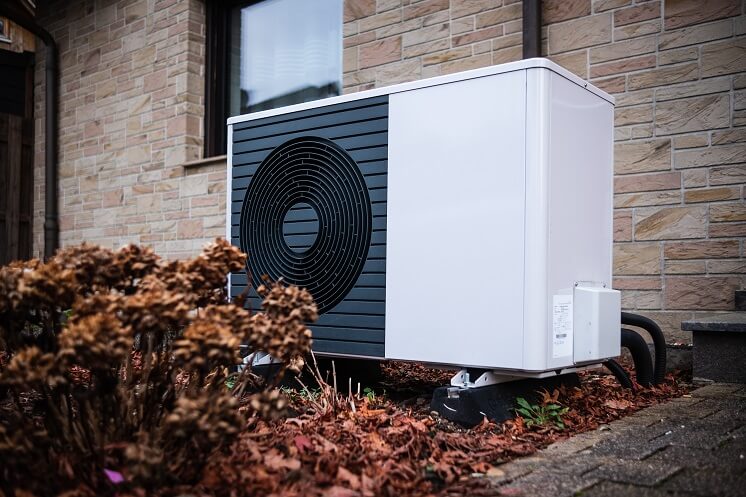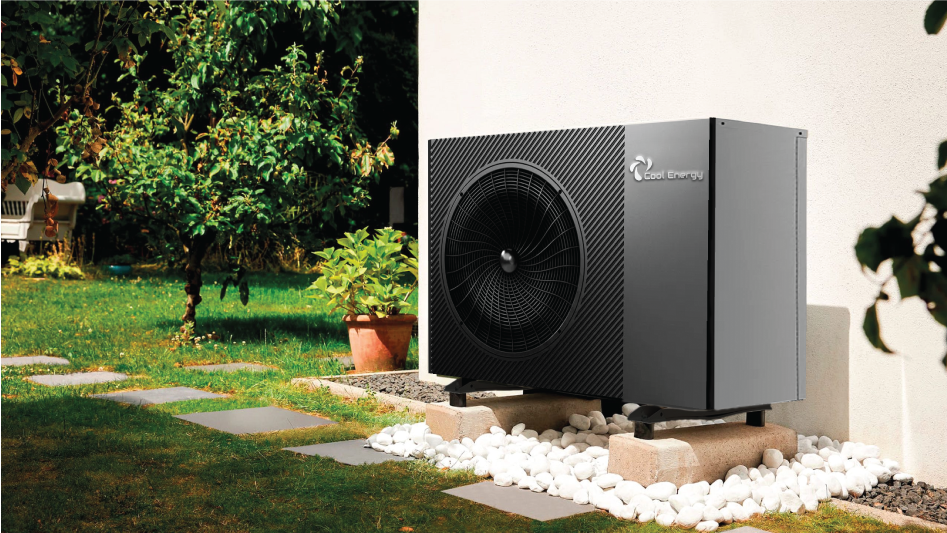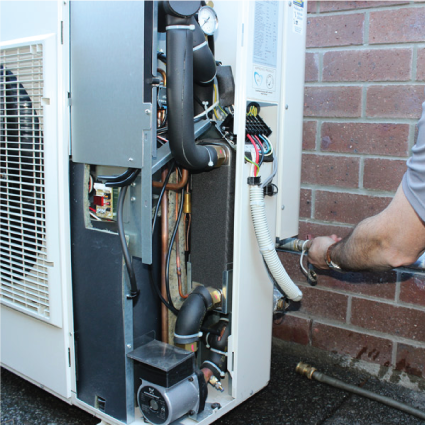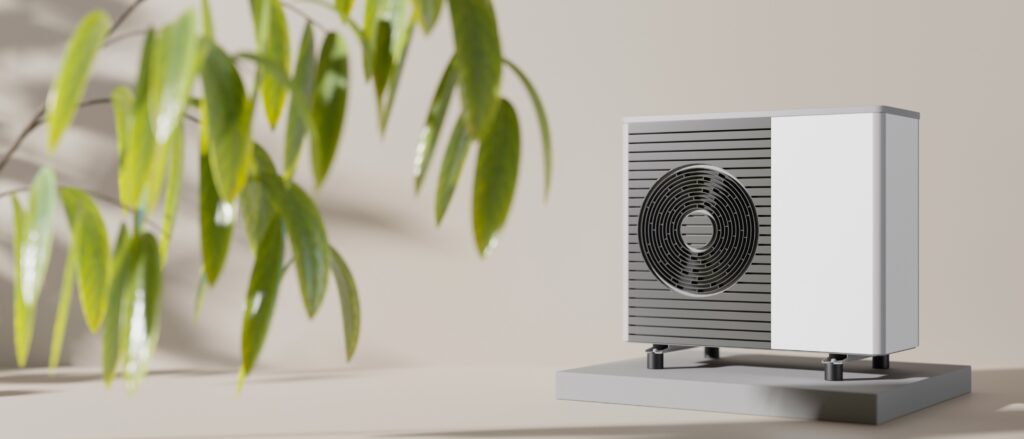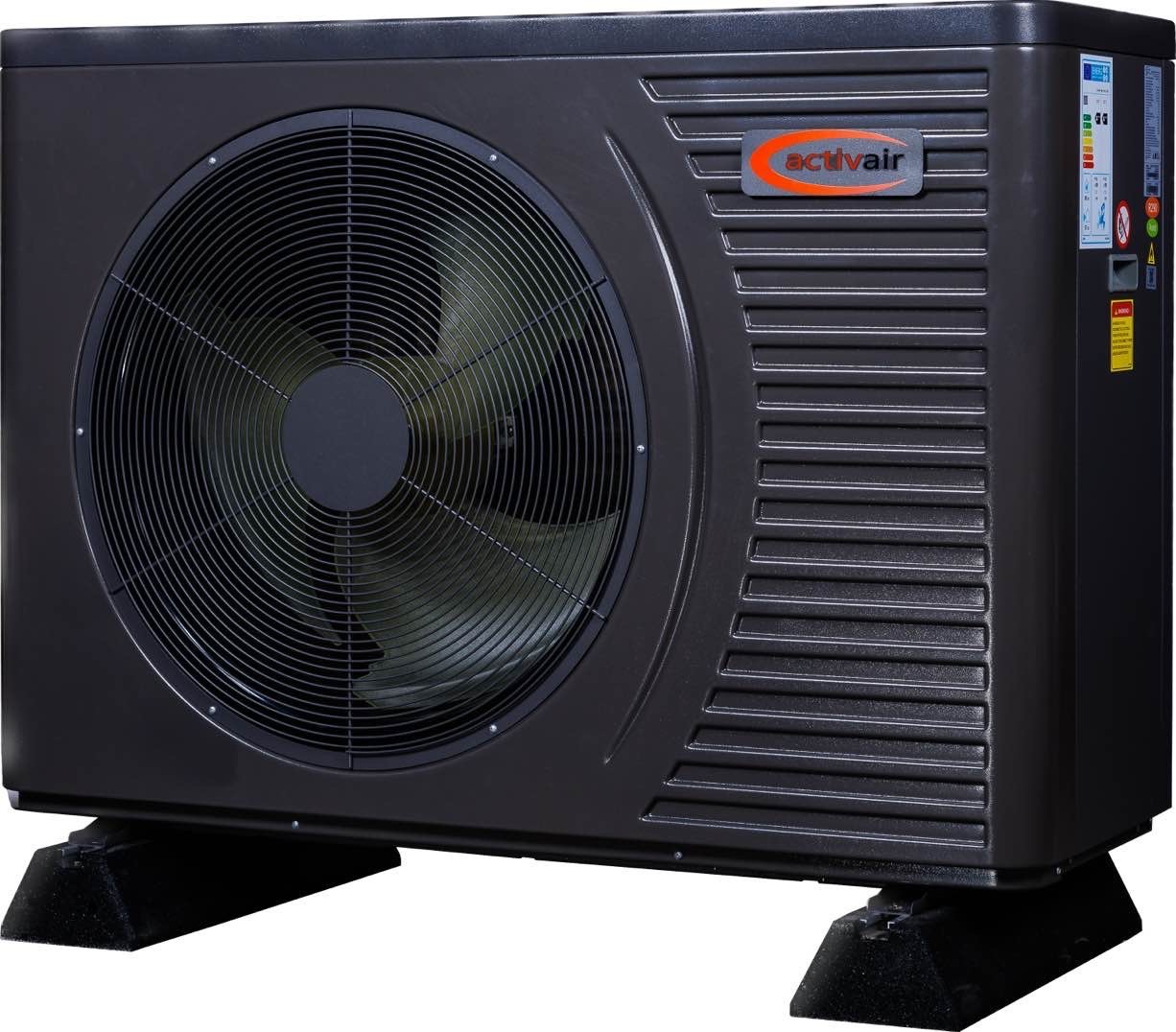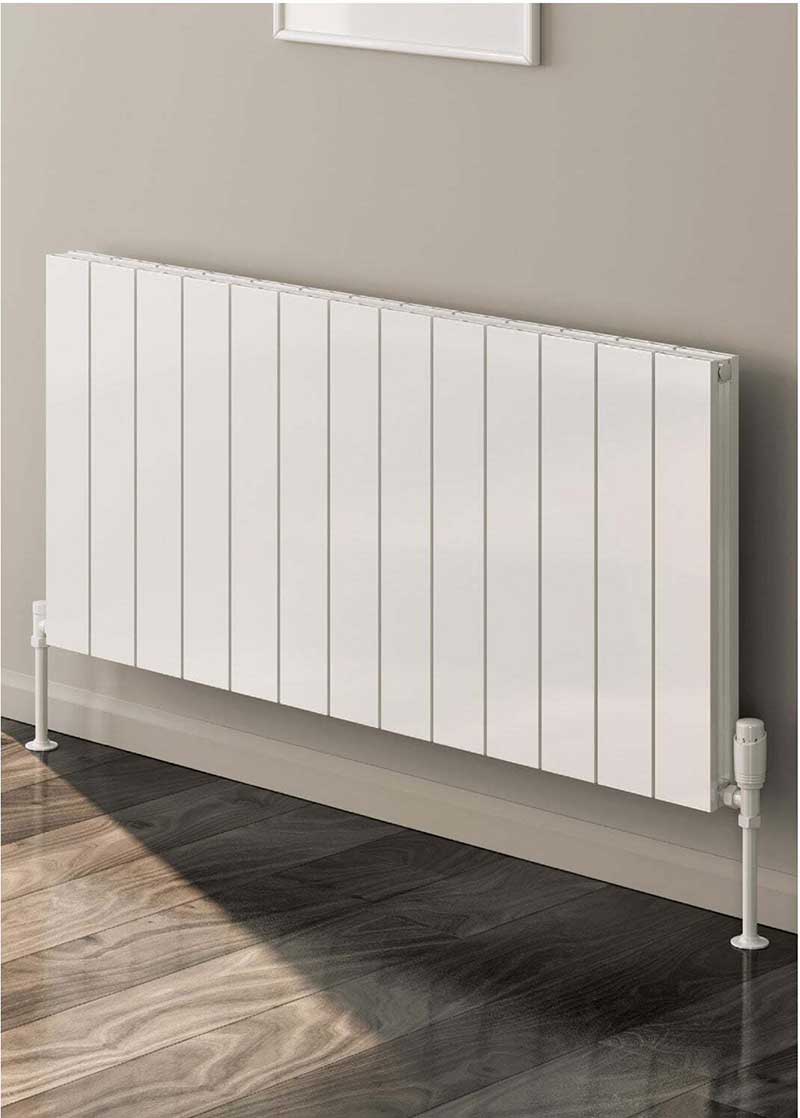- They achieve that level of efficiency without polluting the planet
- The best heat pumps are five times more efficient
- Heat pumps are at least three times more efficient than gas boilers
The outlook is bright for air source heat pumps. They excel in efficiency compared to gas boilers, run entirely on electricity, and their expenses are decreasing, courtesy of the government’s Boiler Upgrade Scheme.
We have extensively examined the superior efficiency of air source heat pumps in contrast to other heating systems and the elements that contribute to their exceptional performance.
If you wish to obtain tailored quotes directly from our skilled suppliers, just provide your details in our concise form. Our dependable installers will then reach out to you with quotes for comparison, enabling you to easily discover the best deals.
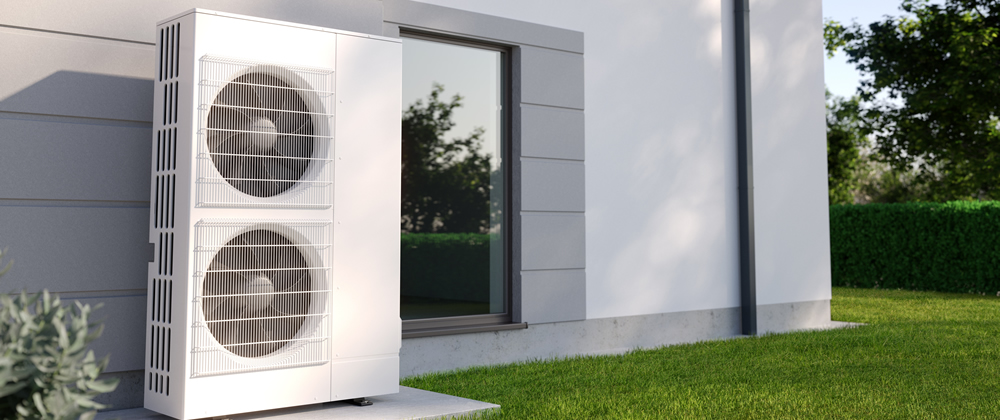
What's on this page?
How efficient are heat pumps?
| Type of heat pump/boiler | Air source heat pump | Water source heat pump | High temperature heat pump | Electric boiler | Gas boiler | Oil boiler |
|---|---|---|---|---|---|---|
| Average efficiency | 300% | 450% | 300% | 100% | 95% | 92% |
Heat pumps typically achieve an efficiency rate of 300%, with the top models reaching even higher rates.
This implies that, on average, your heat pump will generate an impressive three units of energy for every unit of electricity it consumes.
To provide context, the average UK home uses just over 12,000 kWh per year for heating, and your heat pump would be capable of delivering the same amount of heat from just 4,000 kWh.
In contrast, electric boilers are three times less efficient, with an efficiency rate of 100%, while the best gas boilers can only achieve 98% efficiency, at most.
Electricity is generally four times more costly than gas, which offsets any advantages gained from your heat pump’s remarkable efficiency – but the situation is evolving.
With electricity rapidly becoming the primary means for the UK to achieve its target of net-zero emissions by 2050, you would be investing in a future that’s nearly here – and one that will save you a substantial amount on your heating bill when it arrives.
Why are heat pumps so efficient?
Heat pumps excel in efficiency compared to gas and electric boilers by utilizing the natural warmth present in the air, earth, or water to complement the heating process.
The majority of the necessary energy is derived from this natural heat source, with a small amount of electricity powering the remaining operations.
A compressor and heat exchanger use this electricity to raise the temperature of the natural warmth to the level required for supplying heat to a residential heating system.
To assess the efficiency of a specific heat pump model, you can examine its Coefficient of Performance (CoP). However, for a comprehensive understanding, it is advisable to also take into account the Seasonal Performance Factor (SPF).
While the CoP indicates the peak efficiency of a heat pump, the SPF provides insight into its average efficiency throughout the entire year.
If you are keen on harnessing the exceptional efficiency and environmentally friendly attributes of heat pumps, simply fill out our free form. Our skilled installers will then reach out to you with quotes to assist you in making an informed decision.
How efficient are air source heat pumps in winter?
Air source heat pumps encounter a reduction in efficiency of around 20% in winter due to the increased electricity needed to extract heat from the air.
Despite certain misconceptions suggesting that heat pumps are less efficient than boilers in winter, they still remain approximately 2.5 times more efficient than gas boilers, even in snowy conditions.
You can rest assured that your air source heat pump will remain operational, even in freezing temperatures. Modern heat pumps are engineered to function reliably at temperatures as low as -10°C, and the top models can deliver warmth even in extreme temperatures as low as -25°C.
This is achievable because there is still heat present in the air at these temperatures. It would need to reach -273°C for there to be no heat at all, which is far colder than even the most severe British winters.
During winter, it may be necessary to perform maintenance checks more frequently, as weather conditions tend to be more demanding during these months.
For homeowners residing in areas with particularly harsh winter weather, considering the option of acquiring a heat pump cover is worthwhile. These covers offer protection for the outdoor unit against debris and snow accumulation.
Next steps
Once you are well-prepared to save both money and energy with your new heat pump, the next essential step is to arrange a heat loss assessment for your property. This assessment will help identify any necessary improvements that need to be addressed before selecting the ideal heat pump for your requirements.
The government’s Boiler Upgrade Scheme offers a fantastic opportunity for you to save £7,500 on the purchase of a new heat pump. Moreover, by making the switch, you can reduce your annual emissions by an impressive 44%.
If this opportunity interests you, simply fill out our brief form to explore the cost of a heat pump tailored to your needs. Our outstanding suppliers will then furnish you with free quotes to assist you in making an informed decision.
Find out how much a heat pump would cost you
Complete A Short Form – Receive Free Quotes – Compare & Save
Find out how much a heat pump would cost you
Complete A Short Form – Receive Free Quotes – Compare & Save






